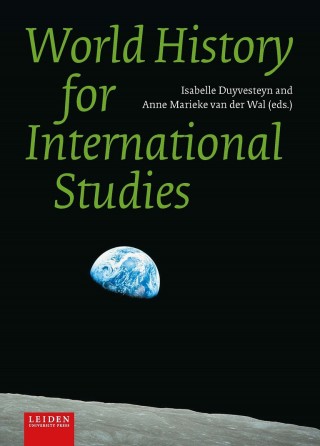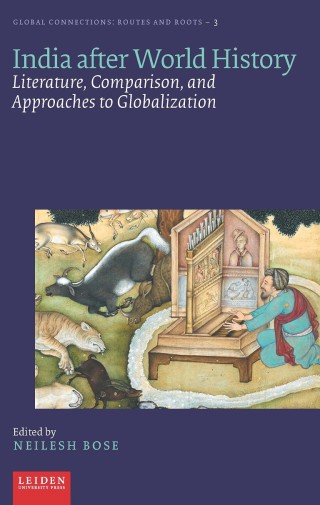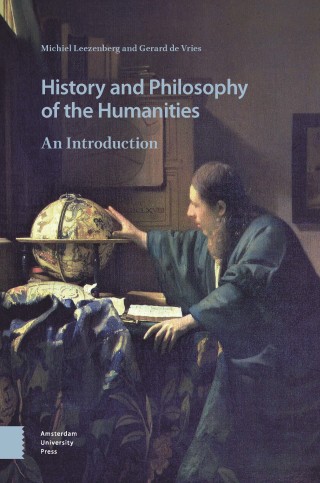"International Studies aims to understand the global complexities of the world in which we live today. Central in these complexities is the position of the human individual, who is both an actor and reactor in global events. This textbook introduces three I's – interests, identities, ideas – that provide a framework to understand human behaviour in today's world. The role of people is further elaborated in the three spatial dimensions of the local, regional, and global level. This gives International Studies the character of a 3-D chessboard with human players. Unique in this textbook is the framework of global scopes used for analysis of the global complexities: global structures (such as economics, belief systems, states, intergovernmental organizations), global trends (such as nationalism, power changes, secularization, identity), and global challenges (such as sustainable development, climate change, pandemics, unwanted migration). This textbook approaches International Studies as a field of study that enables students to navigate the framework of the three I's, the three spatial dimensions and the three global scopes. The International Studies student will acquire a broad overview of the various fields and disciplines and, as a consequence, the ability to move across traditional academic boundaries.




